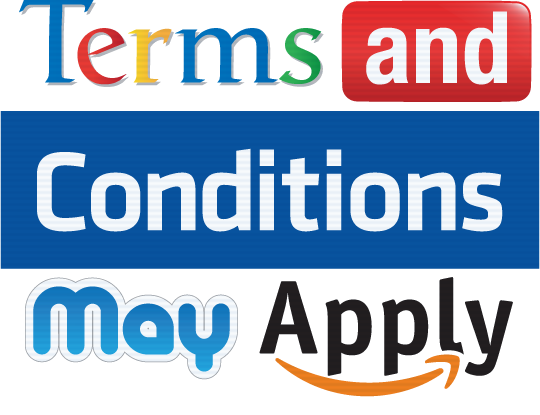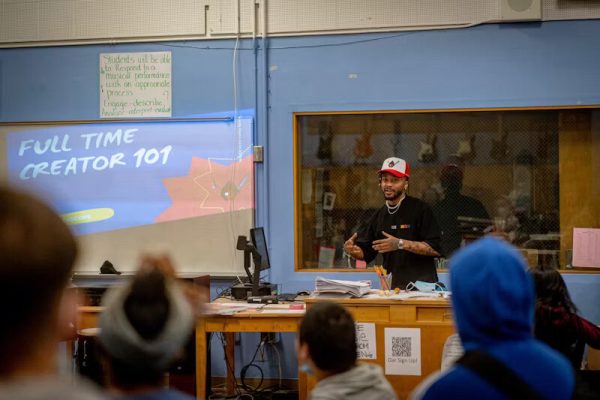Privacy & Privilege: Don’t Rain on my Parade

Sixteen years ago, the idea of taking our shoes off at an airport seemed weary and precautious. The question of “am I a terrorist?” looped the brains of harmless travelers every time they walked through a security line. In the most recent years since the age of the internet, we ourselves have asked that same question, except we are sitting at a laptop. In the age of the internet, the question of privacy has surfaced. Digitally, we have dug our own grave, but we the people are not at fault.
The world of digitized security roughly translates to what humans are doing in terms of exposure and online freedom. In recent years, we have conjured many wonders regarding national security, Facebook privacy settings, and how whistle-blowing is soon to be deemed criminalizing. What we see on a computer screen is only a facade to our internet streaming; virtual blindness exists, our eyes have finally opened. Beyond the screen and pixels lies a world of cookies, digital data, and tracking numbers, which can be decoded and traced. In other words, we are not as safe and private as we may think we are.
There is sufficient evidence that supports the lengths government surveillance has gone. Carrier IQ was discovered to be a pre-installed software on smartphones, and it “monitors every key stroke”, thus being appropriately named a “treasure trove” for the government. Carrier IQ was able to withhold any and all information stored on personal cell phones, starting with our browser history. Through the software, the monitorial trajectory was linear with that of National Security; the government branch that is used to protect American citizens. People with smartphones were unaware of this software, and felt exposed; since then, privacy has become extinct. Distrust amongst Americans ensued, and “hacktivists” such as Edward Snowden became a hero to some, but an espionage enemy to others. His discoveries in private national security documents was an ethical boundary that became crossed. His insight for why he did it was to make claims stating if he can do it, anyone can. This solidifies the theory of rapid vulnerability in the digital world; although we advance daily in the technological universe, privacy breaches are constantly one step ahead.
Yet the counterargument is in good standing, from the C.I.A.’s perspective. They insist that if people openly decide to put their personal information on display, whether it be through Facebook or Twitter, then they are only doing this privacy hunch to themselves. The easier it is to find you online, the easier it is to track and record data, or so the C.I.A says. Although this concept is simple to grasp, there is still a morality standpoint. We are allowed to live our lives and abide by the First Amendment; so if this means sharing private statuses online about yourself or someone else, there should be no penalty for it. However, in modern society, there is no loophole surrounding that. Once you are an online public citizen, it is open season for those on the receiving end of the transmittance.
Although it is a rain on our technology parade, it is still prudent to reflect on why our national security is at a continual risk. The majority of Americans are innocently googling questions about things like recipes, gardening, and directions. However, there is still that small remaining percentage that uses the internet for malicious intent; the cause for concern is understandable, yet the wrongful interpretation of data can become skewed. Americans beg and plead for more social outlets so they can live a tech-savvy life, but they are unwilling to participate in the terms and conditions. We strive for a private, public life, in which we only show what we want to show, to those who we want to see it. The lines become blurred when our cookies become accessible to an outside source, and this is an upsetting regime in the tech-functioning world.
In the internet age, privacy is obsolete. We have a right to shut the doors of our homes and live freely, with our actions and activities being a separate sector to the outside society. Yet, the second we open up a laptop, log on, and license ourselves as “web wizards”, anything and everything is up for grabs. This is an unchanging fact in web browsing, and the means to protecting the country have the sky as the limit. Our digital grave awaits, and it is buried next to the discretion we once had.

Alex Halfinger is a junior at the University of New Haven majoring in Communication, with a concentration in filmmaking. She is primarily a staff writer...







